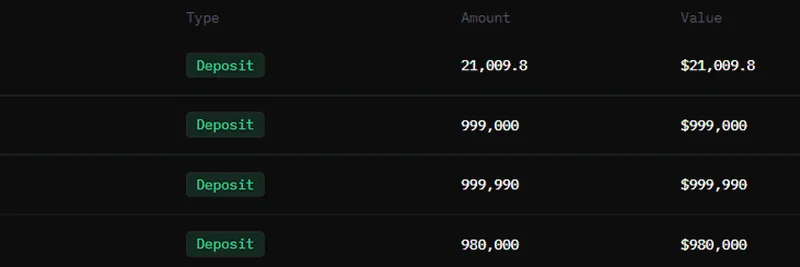In the ever-evolving world of blockchain and crypto, regulatory moves often spark big shifts in how people use technology. A recent tweet from Drew Coffman, a key figure at Base, highlights this perfectly. He points out that attempts to control information, like the EU's Chat Control proposal, are actually speeding up the move to systems that can't be easily regulated. This is especially relevant for meme token enthusiasts and blockchain practitioners who value privacy and freedom.
Understanding the Tweet
Drew Coffman shared his thoughts in response to a post from the Base app team, which emphasized the benefits of apps that give users full control over their direct messages (DMs). His message? "Every attempt to control information (like EU’s Chat Control) just accelerates the shift to better systems that can’t be controlled." It's a nod to how overreaching regulations can backfire, driving innovation in decentralized tech.
Base, built as a layer-2 solution on Ethereum by Coinbase, is all about empowering users with onchain tools. The Base app (formerly Coinbase Wallet) lets you handle crypto, NFTs, DeFi, and even chat with friends in a secure, user-controlled environment. This ties directly into the broader crypto narrative where decentralization protects against censorship and surveillance.
What is EU's Chat Control?
For those not in the loop, Chat Control is an EU legislative proposal aimed at combating child sexual abuse material online. Sounds noble, right? But here's the catch: it would require service providers, including those with end-to-end encryption, to scan private communications en masse. Critics, including organizations like the Electronic Frontier Foundation (EFF) and Mozilla, argue it undermines privacy and could break encryption standards.
According to recent updates, the proposal resurfaced in September 2025, with a potential vote in the EU Council around mid-October. If passed, it could force platforms to monitor chats, raising alarms about mass surveillance. Privacy advocates warn this is a slippery slope, potentially leading to broader content controls.
Why This Matters for Crypto and Meme Tokens
In the crypto space, where meme tokens thrive on community-driven hype and rapid innovation, privacy is king. Meme tokens like those launched on Base often rely on decentralized exchanges (DEXs) and social interactions that governments can't easily shut down. Regulations like Chat Control highlight the appeal of blockchain: it's borderless and resistant to centralized control.
Think about it— if traditional messaging apps start scanning your convos, why not switch to onchain alternatives? Base's ecosystem, with its low fees and user-friendly tools, is primed for this. Meme token projects can flourish here because communities can discuss, trade, and meme without fear of Big Brother watching. This shift isn't just theoretical; it's happening as users seek out platforms that prioritize sovereignty over data.
The Bigger Picture for Blockchain Practitioners
As a former CoinDesk editor, I've seen how regulatory pressures often fuel crypto's growth. The EU's push might inadvertently boost adoption of decentralized systems, much like past crackdowns on crypto exchanges led to more DeFi usage. For meme token creators and holders, this means more resilient networks. Tools like Base app's chat features could become go-tos for coordinating launches or sharing alpha without privacy leaks.
If you're diving into meme tokens, keep an eye on how regs evolve. They might just make decentralized tech even more essential. Stay informed, stay decentralized, and remember: in blockchain, control is in your hands.


